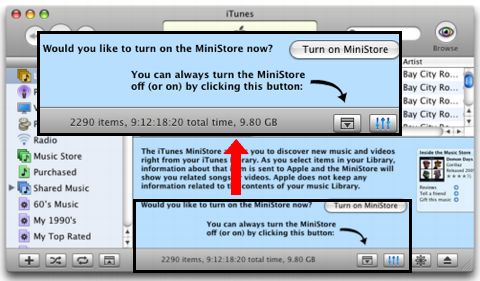Persistent.info’s Gmail Saved Searches (right click to install) is an amazing Greasemonkey script. It allows you to set up searches that live constantly (via a cookie) in Gmail’s sidebar, and, with the latest version, lets you save your recent searches. This script also comes with three default searches, including a search for last week’s email. The thing is, it’s not really a search for Last Week; it just looks at email received in the last seven days.
I decided to fix that. The following function is close to the end of the script, and my code changes are in emboldened red.
PersistentSearch.prototype.getRunnableQuery = function() {
var query = this.query;
if (this.isSearchModifier()) {
query = query.substring(2);
}
var today = new Date();
var yesterday = new Date(today.getTime() - ONE_DAY);
var oneWeekAgo = new Date(today.getTime() - (today.getDay() <span class="warning">+ 7</span>) * ONE_DAY);
<span class="warning">var lastSunday = new Date(today.getTime() - (today.getDay() - 1) * ONE_DAY)</span>;
query = query.replace(/:today/g, ":" + getDateString(today));
query = query.replace(/:yesterday/g, ":" + getDateString(yesterday));
query = query.replace(/:oneweekago/g, ":" + getDateString(oneWeekAgo) <span class="warning">+ " before:" +
getDateString(lastSunday))</span>;
return query;
}
Since Sunday is “0” in the JS Date object, all I had to do was take (today+7) away from the (current time * ONE_DAY) in order to get the earliest Sunday, and take (today-1) from the (current time * ONE_DAY) in order to get this past Sunday. The extra “1” is there because the before: search operator is exclusive, unlike the after: operator. All that was left was to modify the inserted search string. Now, the Last Week search returns all email between the past two Sundays.
The new script is available here (right click to install.)





